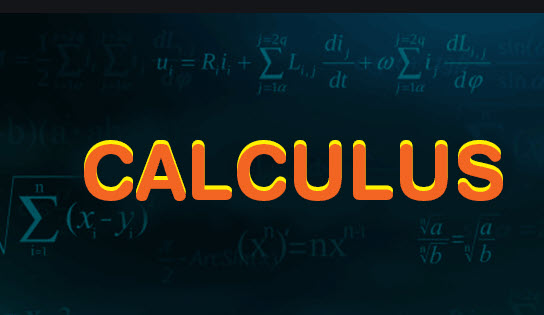
Indefinite Integral
We have covered the introduction to derivatives. Another topic would be to find a function if we know it’s derivative.
This very interesting and we won’t spend much time explaining what the antiderivative is in that case.
A function is an antiderivative of the function
if
for all
in the domain of
.
The only problem is when we calculated the derivative of a constant , we found
.
Let’s check the following fact:
If we have
We know that
But so is: .
And we can add any constant, the derivative will be the same.
We get the theorem:
Theorem: General form of antiderivatives
Let be an antiderivative of
over an interval
. Then,
1. For each constant , the function
is also an antiderivative of
over
.
2. If is an antiderivative of
over
, there is a constant
for which
over
.
Meaning, the general form of the antiderivative of over
is
.
EXAMPLE:
Find the antiderative of
We can see that it is
Indefinite Integrals
This is the notation used for the antiderivatives.
is called the
and the variable
is the
Fundamental formulas
with
a constant
with
,
Problem 1:
Solve:
We know that
From we can do some inspection
We get
(1)
Finally:
Problem 2:
Solve:
We know that
From we can do some inspection
We get
(2)
Finally:


Be the first to comment